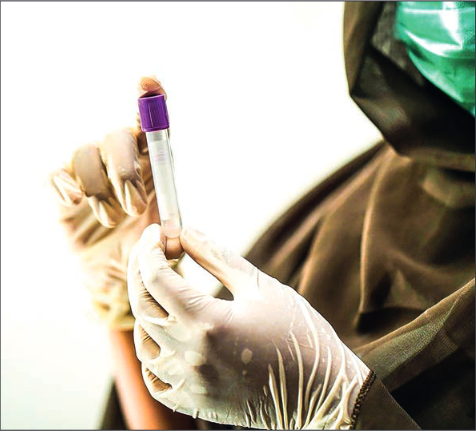Study finds how bacterial vaccine demonstrates potential as treatment for cancer immunotherapy
COLUMBIA researchers developed probiotic bacteria that train the immune system to eliminate cancer cells, paving the way for a new class of cancer vaccinations that take advantage of bacteria’s innate tumour-targeting abilities.
These microbial cancer vaccines can be tailored to each person’s specific original tumour and metastases, perhaps preventing future recurrences. In mice models of advanced colorectal cancer and melanoma, the bacterial vaccine stimulated the immune system, causing primary and metastatic malignancies to shrink or in many cases disappear entirely. All while leaving healthy body parts alone.
The findings were published in Nature. Researchers at Columbia University have developed a novel bacterial vaccine that demonstrates greater efficacy than peptide based therapeutic cancer vaccines used in prior clinical trials. This innovative approach effectively activates the entire immune system, promoting a robust antitumor response, especially in challenging advanced solid tumor models.
The personalized vaccine targets unique genetic mutations specific to each tumor, utilizing genetically engineered E. coli bacteria to produce neoantigens proteins that mark cancer cells for immune system attack.
Columbia researchers created a probiotic-based cancer vaccine that trains the immune system to target and eliminate tumors, showing promising results in mice models for advanced cancers. The idea of using bacteria in cancer treatment dates back to the late 19th century when Dr. William Coley observed tumor regression in patients injected with bacteria.
Modern research has revealed that some bacteria can naturally migrate to tumors, thriving in low-oxygen environments and eliciting immune responses. However, these natural interactions often lack the precision needed to effectively target and destroy tumors.
The new bacterial vaccine begins with a probiotic strain of E. coli, which researchers have genetically modified to enhance its interaction with the immune system.
Source- The Global New Light Of Myanmar







